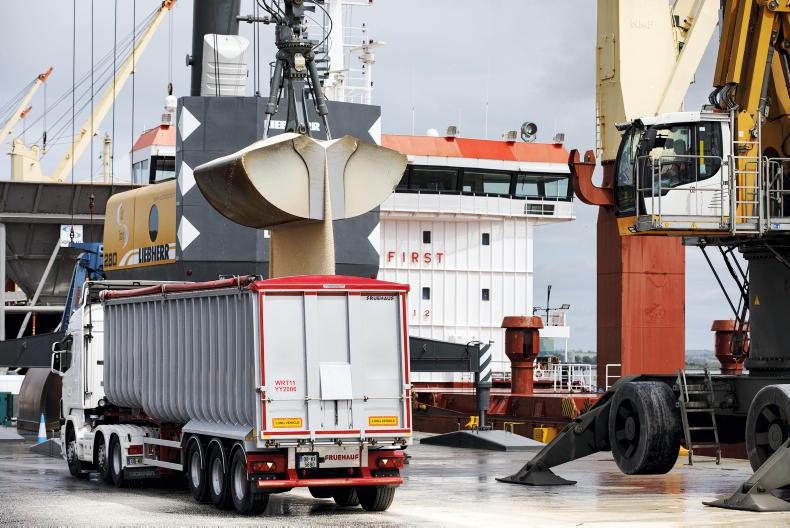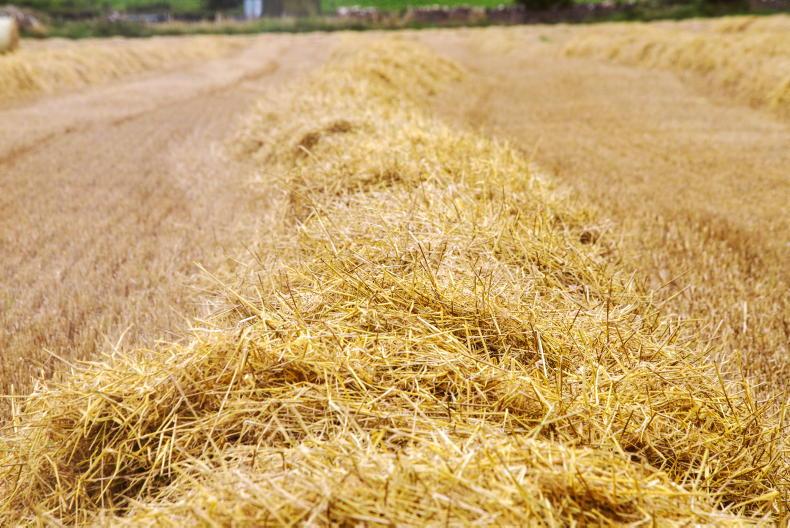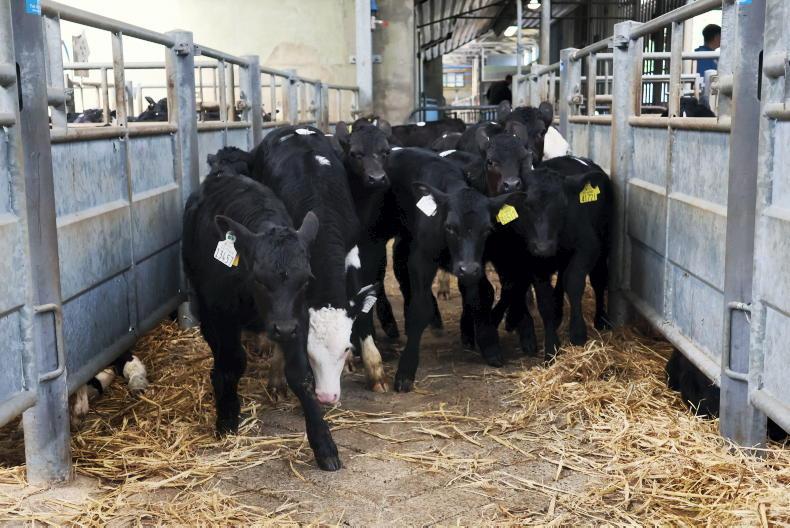The main farming organisation in the Netherlands, the LTO, has delivered a harsh criticism of the European Commission’s latest plans to phase out the nitrates derogation granted to farmers there by 2026.
A derogation is set to be granted to Dutch farmers until December 2025, but on the condition that the maximum organic nitrogen permitted will be stepped down incrementally between now and 2025.
An automated system for “real-time accountability” on the transport of manure and slurry must be in place by next year, while an electronic fertiliser register is to be operational by 2024 under the derogation conditions.
Increased inspections are required in areas deemed to have a “higher risk of deliberate non-compliance” with nutrient management rules.
New slurry rules
Other obligations brought in for derogation farmers there include farmers on some soils having to dilute slurry on a 2:1 basis with water and not being permitted to spread slurry with a dribble bar when temperatures exceed 20°C.
These measures are intended on also assisting the Dutch farming sector on reducing the loss of nitrogen to the air as ammonia.
Ammonia reduction plans triggered nationwide protests across Holland this summer, with many farmers fearing stock cuts are on the way.
The documents noted that the Netherlands did have a stocking rate five times the EU average, which it referred to as being “very high”.
The overall volume of animal manures cannot exceed 2020’s level during the derogation period, also having to reduce by 10% by 2025 at the latest.
Farm org criticism
The LTO stated that although clarity has been provided on the outcome of the nitrates negotiations between the Netherlands and Europe, it was in favour of renegotiating the terms of the derogation to focus on a stronger implementation of current rules.
The new rules will deliver a “major blow” to farmer incomes and 2023 should be treated as a “transition year” between the old and new conditions to take account of farm planning at a minimum, it said.
The farmer group has called for further clarification on which regions are to be subjected to additional nitrates cuts under the derogation’s “nutrient polluted” designation.
Stepped down to 170kg N/ha
The final draft decision from Brussels shows that 2022 will be the final year that derogation farmers in the Netherlands will be permitted to reach the 250kg N/ha granted to Ireland.
The organic nitrogen ceiling will reduce by 10kg N/ha for the next two years and by 30kg N/ha in 2025.
After the expiration of the Netherlands’ derogation on the last day of 2025, a maximum organic nitrogen rate of 170kg/ha will apply to all farms there without exception, leaving the country without any concession from a non-derogation scenario.
However, farmers in some regions of the country are to face even quicker reductions, as areas identified as being “polluted” by nitrogen and phosphorous will face a steeper decline in organic nitrogen ceilings.
Read more
Dutch nitrates derogation compensation
Dutch derogation battle
Watch: Traffic tailback for miles at Dutch farmer protests
Explainer: Why are Dutch farmers protesting?
Dutch dairy farmers ‘shocked’ at how far nitrogen reduction plans go
On the ground: what are the Dutch farmer concerns?
The main farming organisation in the Netherlands, the LTO, has delivered a harsh criticism of the European Commission’s latest plans to phase out the nitrates derogation granted to farmers there by 2026.
A derogation is set to be granted to Dutch farmers until December 2025, but on the condition that the maximum organic nitrogen permitted will be stepped down incrementally between now and 2025.
An automated system for “real-time accountability” on the transport of manure and slurry must be in place by next year, while an electronic fertiliser register is to be operational by 2024 under the derogation conditions.
Increased inspections are required in areas deemed to have a “higher risk of deliberate non-compliance” with nutrient management rules.
New slurry rules
Other obligations brought in for derogation farmers there include farmers on some soils having to dilute slurry on a 2:1 basis with water and not being permitted to spread slurry with a dribble bar when temperatures exceed 20°C.
These measures are intended on also assisting the Dutch farming sector on reducing the loss of nitrogen to the air as ammonia.
Ammonia reduction plans triggered nationwide protests across Holland this summer, with many farmers fearing stock cuts are on the way.
The documents noted that the Netherlands did have a stocking rate five times the EU average, which it referred to as being “very high”.
The overall volume of animal manures cannot exceed 2020’s level during the derogation period, also having to reduce by 10% by 2025 at the latest.
Farm org criticism
The LTO stated that although clarity has been provided on the outcome of the nitrates negotiations between the Netherlands and Europe, it was in favour of renegotiating the terms of the derogation to focus on a stronger implementation of current rules.
The new rules will deliver a “major blow” to farmer incomes and 2023 should be treated as a “transition year” between the old and new conditions to take account of farm planning at a minimum, it said.
The farmer group has called for further clarification on which regions are to be subjected to additional nitrates cuts under the derogation’s “nutrient polluted” designation.
Stepped down to 170kg N/ha
The final draft decision from Brussels shows that 2022 will be the final year that derogation farmers in the Netherlands will be permitted to reach the 250kg N/ha granted to Ireland.
The organic nitrogen ceiling will reduce by 10kg N/ha for the next two years and by 30kg N/ha in 2025.
After the expiration of the Netherlands’ derogation on the last day of 2025, a maximum organic nitrogen rate of 170kg/ha will apply to all farms there without exception, leaving the country without any concession from a non-derogation scenario.
However, farmers in some regions of the country are to face even quicker reductions, as areas identified as being “polluted” by nitrogen and phosphorous will face a steeper decline in organic nitrogen ceilings.
Read more
Dutch nitrates derogation compensation
Dutch derogation battle
Watch: Traffic tailback for miles at Dutch farmer protests
Explainer: Why are Dutch farmers protesting?
Dutch dairy farmers ‘shocked’ at how far nitrogen reduction plans go
On the ground: what are the Dutch farmer concerns?









SHARING OPTIONS